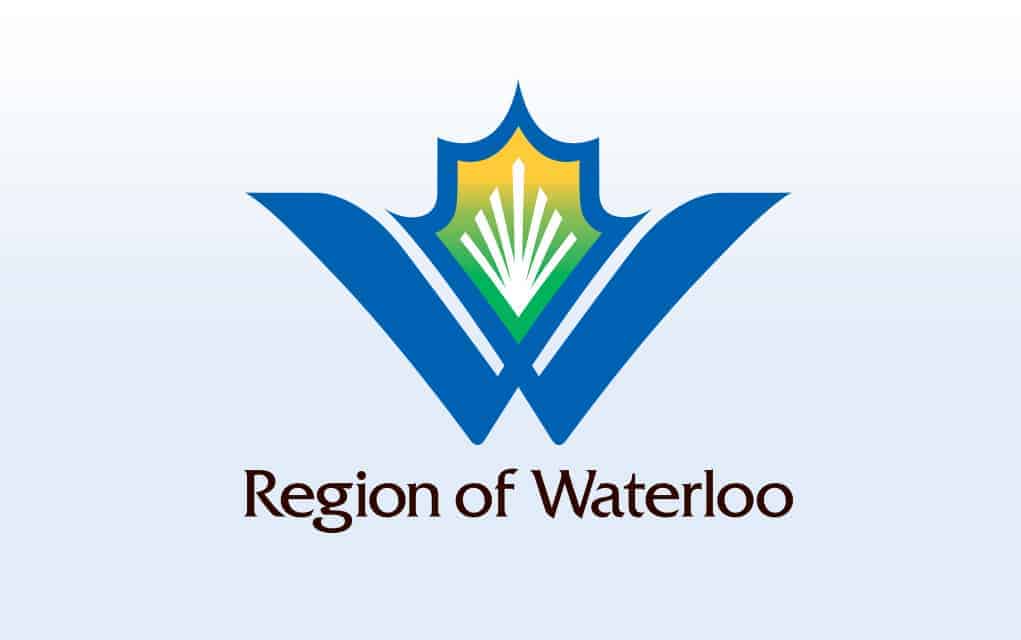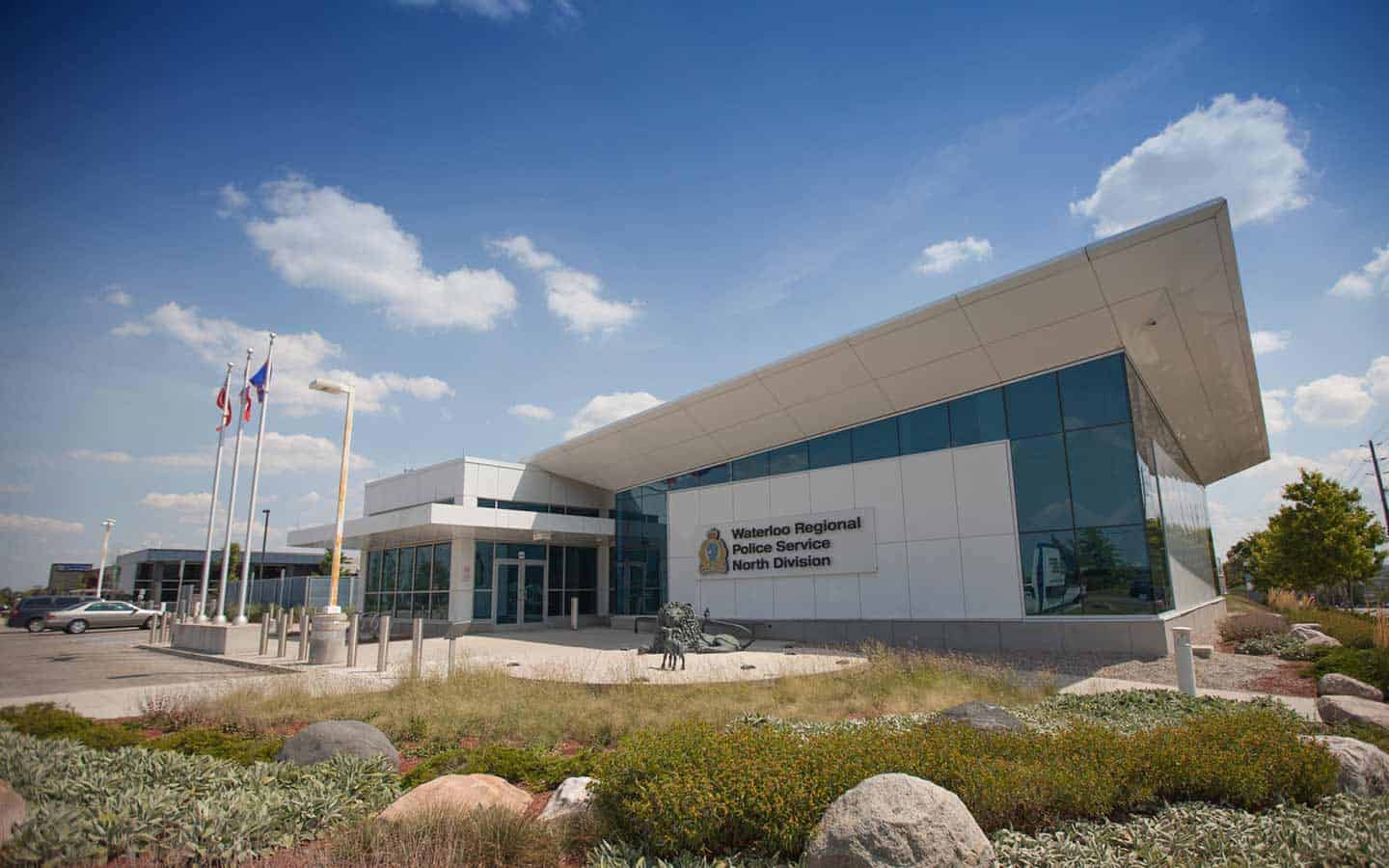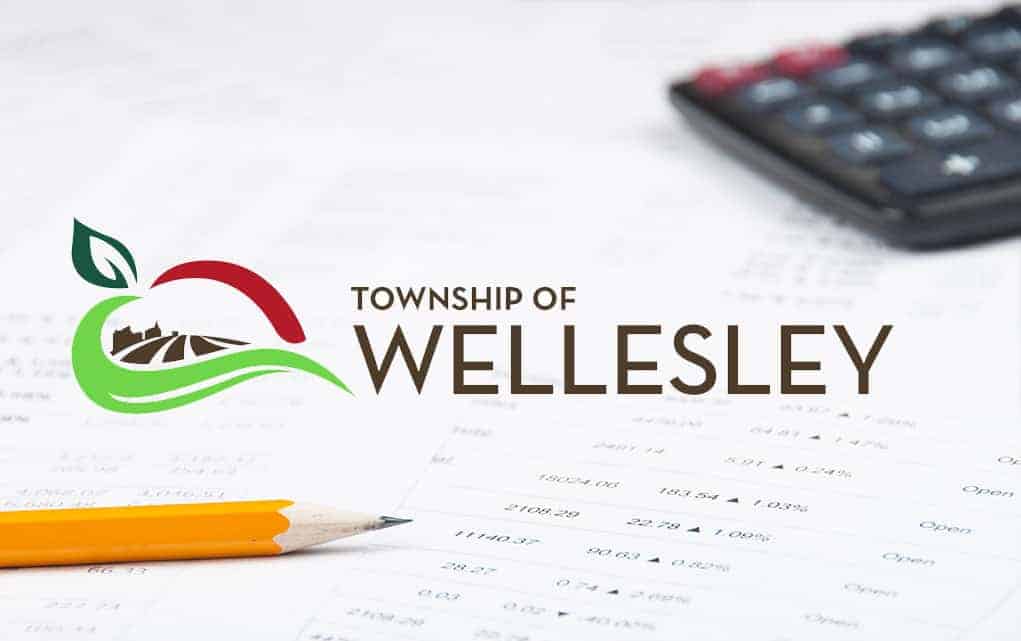The Region of Waterloo’s latest grants under the Community Environmental Fund (CEF) will see some $150,000 distributed in support of 18 projects, including those in the townships.
Since its launch in 2010, the CEF has distributed $1.8 million more than 220 environmental stewardship and sustainability projects.
Projects this year range from engaging kids and community gardens to reusable takeout containers.
The list of those receiving funding includes ‘Kids Cutting Carbon’ – Reep Green Solutions ($21,573); reusable takeout container service pilot for Waterloo Region – Ekko ($17,000); Azheshkaa Neyaab Food Sovereignty Garden ($15,000); Hespeler Masjid solar energy system ($13,225); water quality monitoring at Paradise Lake ($11,000), Country Hills community gardens ($10,000); developing educational material and activities with schools in Waterloo Region on air quality monitoring and science – Wilfrid Laurier University ($10,000); access to healthy local food – Littlefoot Grows a Shoe Size ($7,960); fencing and signage for sustainability of ComeUnity Roots Garden ($6,000); Bees, Trees and a Grand View – A To Thrive Together Sustainable Living Project ($5,000), New User Perceptions of the Stewardship of Greenspaces in Waterloo Region –University of Waterloo ($5,000), Our Farm Trail – KW Habilitation ($5,000); engaging low-income residents in climate action – Social Development Centre of Waterloo Region ($5,000), assessing contaminant removal in stormwater management ponds ($4,982); Bee Region public awareness pollinator garden signs for home gardens ($4,715); ecological restoration project at The Working Centre Market Garden ($4,250), forestry and botanical work on the Branchton Village Land Trust Forest ($2,260); and transforming a defunct ball diamond into a naturalized learning space – Sheppard Public School ($2,027).
While many of these projects will have impacts across the region, Kate Hagerman, manager of environmental planning and sustainability with planning, development, and legislative services at the Region of Waterloo, says locally we will see Littlefoot and To Thrive Together working in Woolwich community, with the Paradise Lake project taking place in Wellesley.
She says what stood out about the Woolwich projects is that both requested support to “help them move forward on specific parts of a much larger vision.”
“The Little Foot project’s request was entitled “Littlefoot Grows a Shoe Size” and requested support to increase seed starting capacity, expand growing areas, and increase farmer outreach and food reclamation. To Thrive Together asked for support to enhance the natural ecosystems on their site, and to improve access and educational opportunities connected to them,” said Hagerman.
“Woolwich and Wellesley citizens have benefitted from past projects including multiple projects undertaken by TWEEC and the Wellesley Bee City Project. Tree planting, naturalization, and pollinator protection work are all really about the cumulative impact of many ongoing projects. The work being done in Woolwich and Wellesley contributes to, and benefits from, the work being done across the region. The collective impact of the projects supported by the Community Environmental Fund is making a significant impact on the Region of Waterloo in terms of both sustainability and stewardship. It is exciting to see the diversity of community projects, and a real pleasure to be able to be part of enabling this important work.”
Tracy Franks, director of community and employment supports at KW Habilitation, says they are pleased to receive the funding that will support many things including a tree plant by the Grand River Conservation Authority as well as enhancing accessibility.
“We’re extremely excited to get the funding. Our Farm Trail is a trail designed for the people supported by KW Habilitation as well as the extended community and volunteers. What the trail allows us to do is to provide physical and mental wellness, offer gathering and educational opportunities and showcase the unique and desirable features of the property,” said Franks. “So, with the money this year, our plan is to enhance the accessibility, do some trail correction and stabilization, and grooming [as well as] add some educational signs, directional signs, perhaps also work with the Grand River Conservation Authority to replace some of the trees that are out there that have suffered some mortality.”









